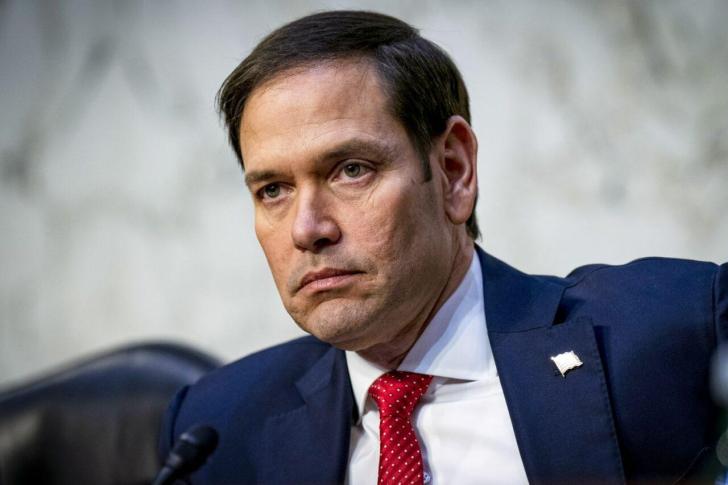News / National
US signals stronger economic engagement with Zimbabwe
5 hrs ago | Views

As Zimbabwe marked its 45th Independence anniversary last Friday with celebrations led by President Emmerson Mnangagwa in Gokwe Nembudziya, the United States extended a hand of goodwill and signaled a desire to strengthen economic and diplomatic ties with the Southern African nation.
US Secretary of State Marco Rubio issued a statement congratulating Zimbabweans on their independence, praising the resilience, determination, and vibrant spirit of the people. He also expressed hope for a future of closer cooperation, particularly in the spheres of commerce and democratic development.
"On behalf of the government of the United States, I congratulate the people of Zimbabwe as you celebrate the 45th anniversary of your country's independence," said Secretary Rubio.
"The United States recognises the spirit and strength of the Zimbabwean people on this commemoration of your fight for freedom. We look forward to reinforcing our business and commercial ties, supported by our countries' democratic institutions."
The warm message was widely viewed as a positive diplomatic overture, coming at a time when both nations are exploring opportunities to reset relations that have been strained for much of the past two decades.
A tangible sign of increasing US-Zimbabwe engagement is the presence of Starlink Aura Zimbabwe, an American-led satellite internet initiative that promises to revolutionise connectivity in remote parts of the country. The venture has been touted as a milestone in technological collaboration, with the potential to drive innovation, education, and entrepreneurship.
Observers see the Starlink partnership as a harbinger of renewed commercial engagement, suggesting that Washington is now prioritising economic diplomacy as a pathway to mutual growth.
The US has long maintained interest in Zimbabwe's rich human capital and natural resources, and there is growing anticipation that trade, technology, and infrastructure partnerships may follow.
While Zimbabwe continues to celebrate its independence with pride and reflection, the possibility of a deeper bilateral relationship with the United States could mark a turning point in the country's efforts to attract meaningful foreign investment and build stronger global partnerships.
With both nations now seemingly open to dialogue and cooperation, the future may hold new opportunities for Zimbabwean enterprises, youth innovators, and policymakers working toward the country's Vision 2030 goal of achieving upper middle-income status.
US Secretary of State Marco Rubio issued a statement congratulating Zimbabweans on their independence, praising the resilience, determination, and vibrant spirit of the people. He also expressed hope for a future of closer cooperation, particularly in the spheres of commerce and democratic development.
"On behalf of the government of the United States, I congratulate the people of Zimbabwe as you celebrate the 45th anniversary of your country's independence," said Secretary Rubio.
"The United States recognises the spirit and strength of the Zimbabwean people on this commemoration of your fight for freedom. We look forward to reinforcing our business and commercial ties, supported by our countries' democratic institutions."
The warm message was widely viewed as a positive diplomatic overture, coming at a time when both nations are exploring opportunities to reset relations that have been strained for much of the past two decades.
Observers see the Starlink partnership as a harbinger of renewed commercial engagement, suggesting that Washington is now prioritising economic diplomacy as a pathway to mutual growth.
The US has long maintained interest in Zimbabwe's rich human capital and natural resources, and there is growing anticipation that trade, technology, and infrastructure partnerships may follow.
While Zimbabwe continues to celebrate its independence with pride and reflection, the possibility of a deeper bilateral relationship with the United States could mark a turning point in the country's efforts to attract meaningful foreign investment and build stronger global partnerships.
With both nations now seemingly open to dialogue and cooperation, the future may hold new opportunities for Zimbabwean enterprises, youth innovators, and policymakers working toward the country's Vision 2030 goal of achieving upper middle-income status.
Source - the herald




























